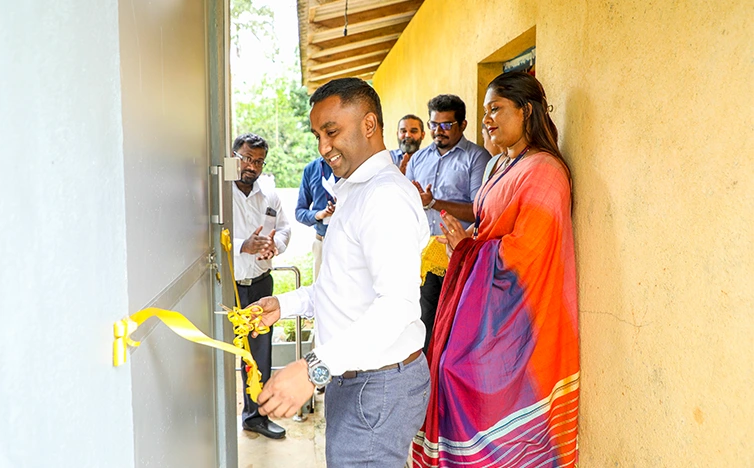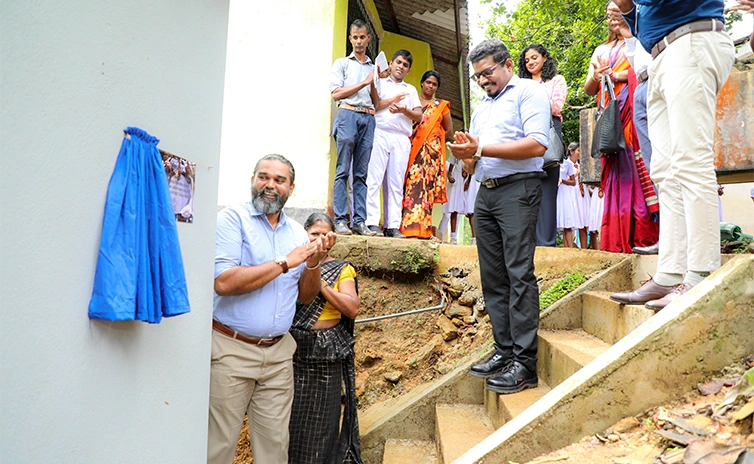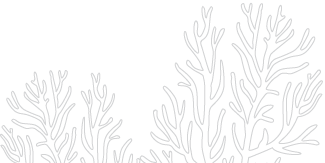At the moment, there are no entries available for display
For every thread of our success, we weave a commitment to elevate the industry and communities that enfold us.

Advancing societal well-being through impactful and sustainable Corporate Social Responsibility (CSR), is an initiative Teejay takes to heart. Our CSR platform, Thirasara Mehewara serves as a strategic vehicle to enhance the quality of life for current and future generations by improving access to essential resources. Our efforts begin with our employees, extends to the industry and value chain we operate within, embraces the communities around us, and nurtures the wider environment.

Our dedicated CSR Team works to strengthen partnerships, ensure long-term impact, and align our development efforts with UN SDG 4 (Quality Education) and SDG 6 (Clean Water and Sanitation) here in Sri Lanka.

Caring for Our Communities
Our primary manufacturing facilities are based in the Seethawaka Export Processing Zone (EPZ), situated within Sri Lanka’s Western Province. Despite urbanisation and recent development in the region, many vulnerable communities still lack access to basic necessities. We are actively working to provide or improve access to clean water and sanitation facilities in rural schools across the Kegalle, Ratnapura and Colombo Districts. We also partner with other corporates and foundations to champion education and menstrual hygiene awareness, aiming to empower the women and youth of our nation.
Our Vision for Impact
Realising our vision is projected to positively impact almost 60,000 students by 2030.
Overall Goals for 2030
- Improve sanitation, hygiene, and education facilities for at least 10% of provincial schools in the Ratnapura District.
- Increase the impact of the Thirasara Mehewara by 250%.
- Key Objectives:
- Achieve basic sanitation access for schools in the three nearest villages by 2028/29.
- Improve literacy rates by 20% among primary school children in target communities by 2028/29.
- Reach gender parity in school attendance.
Our CSR Framework in Action
Teejay’s CSR Policy was formalised in 2018, outlining a structured approach to planning, monitoring, and reporting on community development initiatives. Projects require active involvement from our Engineering and HR Departments, contributing their specialist knowledge and resources and working in tandem to implement and oversee efforts. This integrated engagement draws upon our collaborative spirit and the skills of our internal volunteers to achieve maximise the positive impact for our operating communities
As part of our ongoing commitment to sustainable growth and ethical business practices in Sri Lanka, all new facility expansion projects and logistics operations are now required to undergo a thorough CSR and Environmental Impact Review before approval. This process ensures that all development aligns with our environmental stewardship goals, mitigates potential negative impacts on local ecosystems and communities, and contributes positively to long-term social and environmental outcomes.
Furthermore, Teejay has implemented an enhanced supplier evaluation framework that prioritises partnerships with vendors and service providers who demonstrate adherence to ethical labour practices, including fair wages, safe working conditions and non-discriminatory employment policies. Preference is also given to suppliers actively engaged in community investment initiatives, such as local hiring, education programmes, or environmental conservation efforts.
Thirasara Mehewara: A Snapshot for 2024/25
This year, our programme supported 5 schools, benefitting an estimated 4,600+ students with improved access to sanitation, hygiene, and education. We also sponsored or supported a number of educational, cultural, and community initiatives to enhance learning and health in the area.
Students reached
4,600+
Sanitation facilities
19
(constructed sanitation units in 5 schools)
Handwashing stations
6
(installed in new sanitation units)
Hygiene education programmes
5–6
(basic sanitary education seminars delivered in 5-6 schools)
Menstrual education programmes
5
(reached 900+ female students aged 12-18)
Schools supported
6
(rural village schools, 10-25 km from Teejay’s main Avissawella facility)
Additional initiatives
- Akura Book Donation Campaign: supported 50 Grade 5 scholarship students through up-cycled books and stationery donations for underserved schools.
Teejay has also supported a number of philanthropic, cultural & religious events in the vicinity.
School Selection Process
Employee Suggestions
Suggestions of schools is collected from employees (including number of employee’s children attending).

Zonal Collaboration
Relevant information is gathered from zonal education office.

Initial Assessment
All information is assessed to determine potential schools.

Physical Audit
Shortlisted schools are visited; existing sanitation conditions are assessed.

Final Selection
List of schools is finalised by Teejay’s CRS team, in collaboration with zonal education departments.

Approval
Approval is obtained by the Cross Functional Team and Senior Management.
In 2024/25, we supported 07 schools, benefitting an estimated 4,243 students.

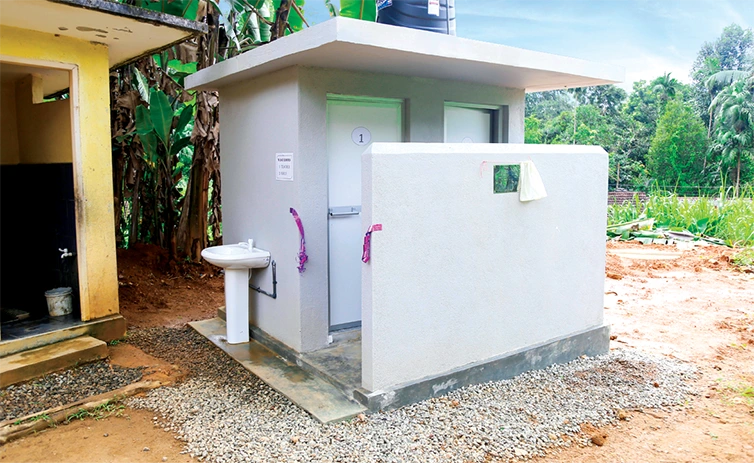
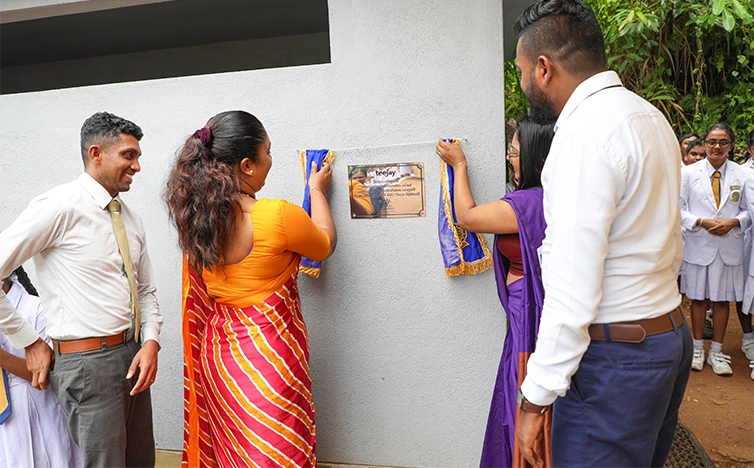
Our Community Development Plans for 2025
- Sanitation Infrastructure Development: Improving access to safe and adequate sanitation facilities in schools by constructing and upgrading toilets, handwashing stations, and water supply systems. Emphasis will be placed on gender-sensitive design and maintenance to support student health and dignity.
- Girls’ Education and Retention in Schools: Supporting the continued education of girls by addressing structural and social barriers, including lack of privacy, inadequate menstrual hygiene facilities, and cultural stigmas. Interventions aim to create safe, inclusive, and supportive school environments that encourage long-term attendance and academic achievement.
- Health and Hygiene Awareness: Promoting positive health behaviours through structured hygiene education programmes targeting students, teachers, and parents. Topics will include personal hygiene, menstrual health, disease prevention, and the responsible use of sanitation facilities.
- School Infrastructure Development: Upgrading and maintaining essential school infrastructure—such as classrooms, water systems, and communal spaces—to create safe, accessible, and resilient learning environments. Infrastructure improvements will align with national standards and sustainability best practices.
- Educational Upliftment: Enhancing the quality of education through targeted interventions and the provision of learning materials. This focus area aims to improve student performance, reduce dropout rates, and foster a culture of academic excellence and lifelong learning.
- Educational Equity Support: Providing school supplies to students from vulnerable economic backgrounds to increase enrollment and attendance, enhance engagement, and reduce dropouts by easing financial burdens on families. Support will be coordinated via school needs assessments and local partnerships for effective targeting and community ownership.
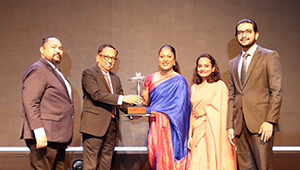
NBEA – Winner, Excellence in CSR
